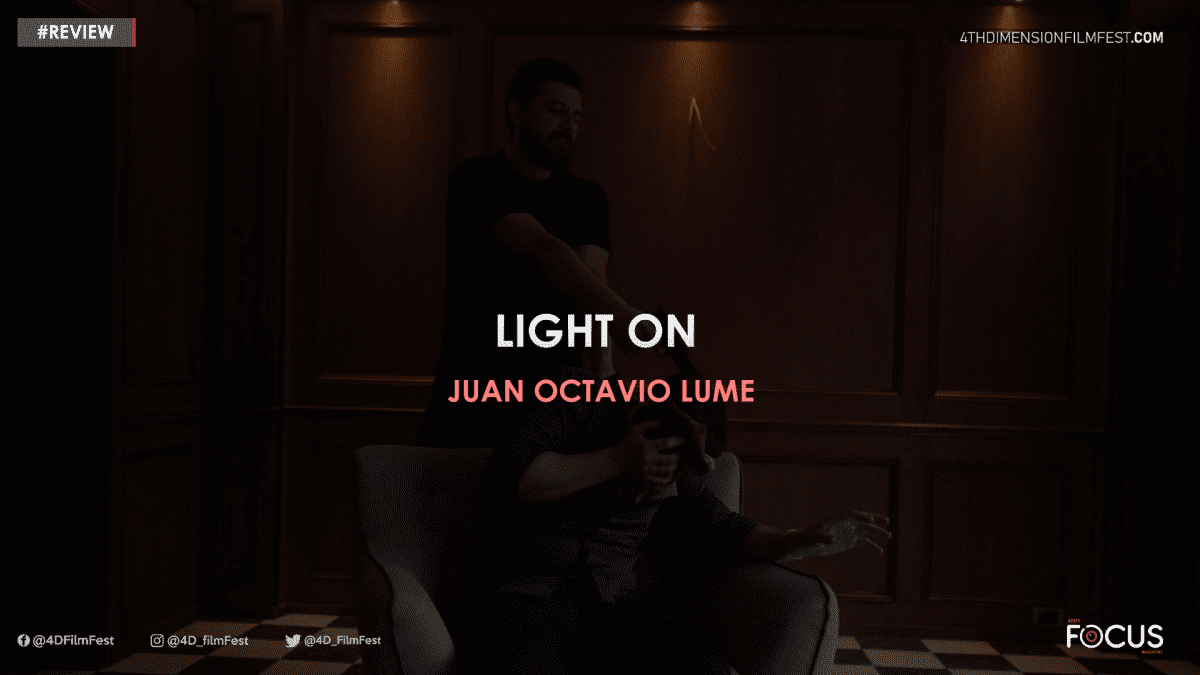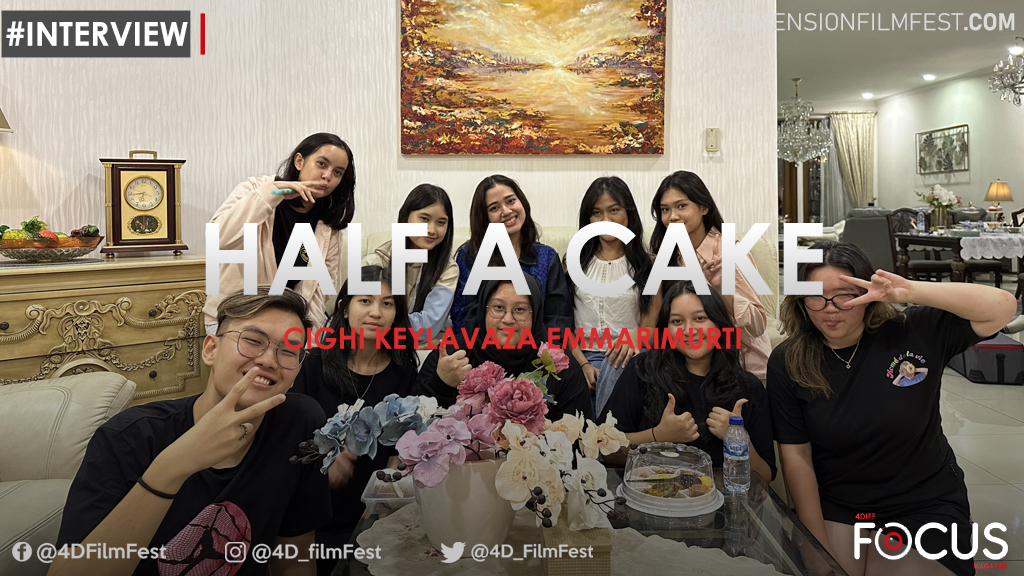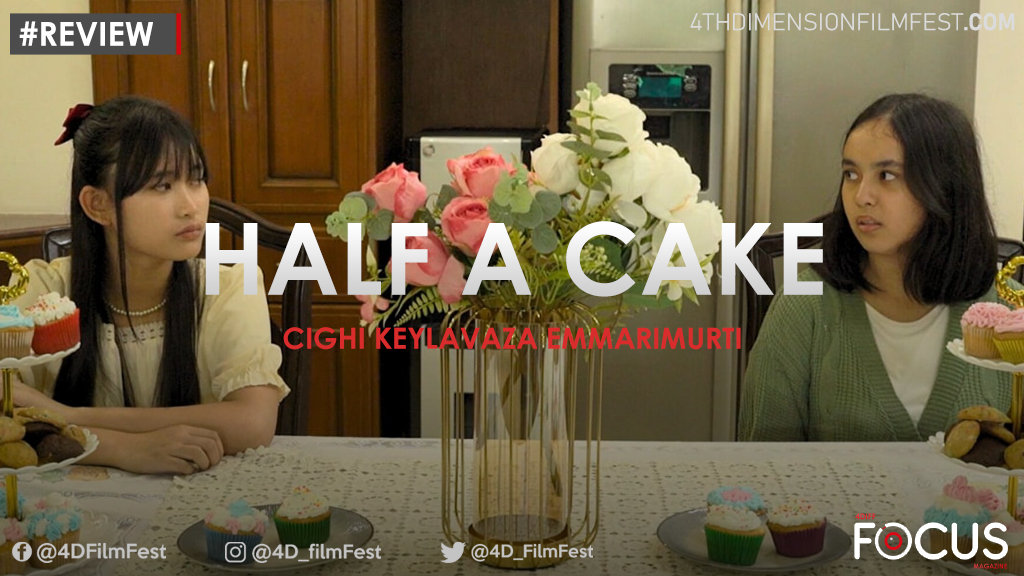“Memory is all we are. Moments and feelings, captured in amber, strung on filaments of reason. Take a man’s memories and you take all of him. Chip away a memory at a time and you destroy him as surely as if you hammered nail after nail through his skull.”
― Mark Lawrence, King of Thorns
The theme of memory loss and identity is a prevalent and powerful one in the world of film. Movies dealing with these themes explore the impact that losing one’s memory has on their sense of self, and how memories shape our understanding of who we are. One such movie that tackles this theme is “Memento,” directed by Christopher Nolan. Juan Octavio Lume’s “Light On” surely makes a space for itself among the films dealing with this theme.
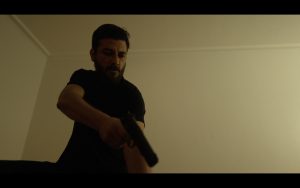
In the film, we find a character called Noah who does not seem to be real. Especially, his identity is questioned after he faces a perplexing accident that leaves him amnesic. At the very beginning of the film, Noah wakes up in an apartment which appears to be abandoned. Noah finds himself in a room of the flat lying down, injured inside a room. As he tries to recollect his memory, he fails to piece together the perplexing flashbacks of memory. He feels lost and helpless and fails to understand what has truly occurred. Despite the fact that everything appears vague and far from the real world at first, an inner drive for vengeance drives him to seek concrete answers.
As the film progresses, it becomes clear that Noah’s captivity is not only physical but also psychological, as he is trapped in a cycle of obsession and revenge that he cannot escape. Noah, despite being present in almost every frame of the movie, seems to be lost in the hands of time. 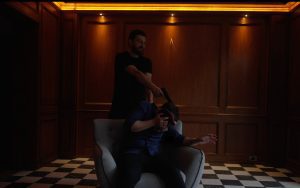 He roams around questioning his true purpose, but the blocks in his head make it difficult for him to comprehend who he truly has been!
He roams around questioning his true purpose, but the blocks in his head make it difficult for him to comprehend who he truly has been!
Memory loss can occur when a person is held captive. As they may experience intense stress, anxiety, and fear, those trigger changes in the brain’s structure and function. These changes can lead to memory problems, particularly with regard to recalling the traumatic events that occurred during captivity. Furthermore, during captivity, a person may be subjected to sensory deprivation, sleep deprivation, or physical torture which makes the memory warped and the person faces extreme change in his reality.
The end of the film ends on an open note, so the viewers are left wondering if Noah truly becomes free!
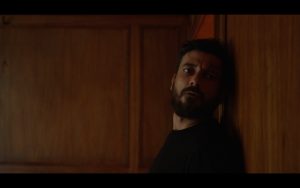
In addition to exploring the impact of memory loss on identity, “Light On” also raises questions about the reliability of memory itself. As Noah proceeds with his quest, he becomes increasingly uncertain about the truth of the events he is piecing together. The film challenges the idea that our memories are objective records of our past, instead suggesting that they are malleable and subject to interpretation. Juan Octavio Lume does a commendable job when it comes to represent memory and amnesia along with the theme of hostility.
Through its innovative structure and compelling storyline, the movie offers a poignant and thought-provoking exploration of memory loss and identity. It encourages viewers to reflect on the role that memory plays in shaping our sense of self and raises important questions about the nature of memory itself. The film serves as a testament to the power of cinema to delve into complex psychological themes and leave a lasting impact on its audience. 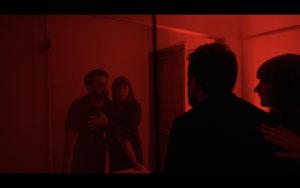 The film also highlights the vulnerability of those who suffer from memory loss and the challenges they face in navigating a world that is often hostile and confusing.
The film also highlights the vulnerability of those who suffer from memory loss and the challenges they face in navigating a world that is often hostile and confusing.
The film is also gifted with talented actors who portray their characters fairly well. Italo Angel Spotorno’s portrayal of Noah was powerful, and most importantly, convincing. The camera work was on point and the film was presented without any excessive elements.
Overall, “Light On” is a powerful and thought-provoking film that offers a unique perspective on the intersection of memory loss and captivity. Through the director Juan Octavio Lume’s innovative storytelling and compelling characters, it reminds us of the importance of memory and the ways in which it defines who we are.


